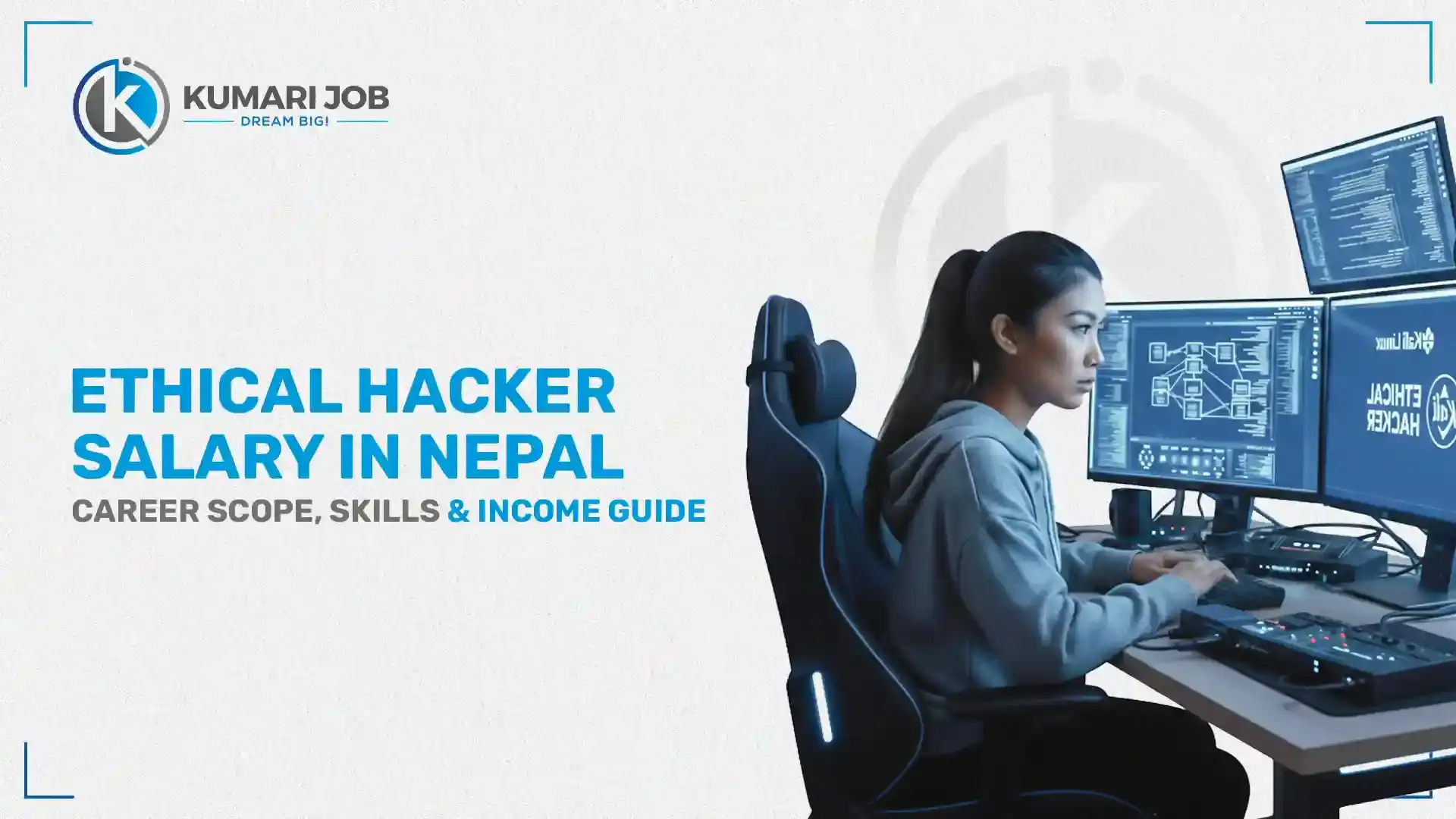
In this era of globalization “today's best is not good enough for tomorrow". “Survival of the fittest” is the basic norms of the corporate world. To overcome the constant changes, corporate houses not only in Nepal but over the world are expecting more focused technically competent, visionary, and adaptive human resources with ethically proper attitude at the senior level. Thus, corporate world has highest expectations with fresh graduates in the area of attitude, followed by skill, and finally knowledge. Industry hires people with the right attitude and put an effort to train them. Despite this fact, the theory that “one gets job after graduating” still prevails in the market, and this is being promoted by parents as well as by various B-schools.
In this blog
Though, job description and actual works vary to a large extent in many organizations, corporate sector has great expectation from graduates and seeks following soft skills in addition to the hard skills:
• Looks for committed, dedicated, self-disciplined, self-motivated, innovative, show aptitude and willingness to learn Graduates.
• They should be strong analytic, comprehending, leadership, and communication skills with good attitude. They must be a good team player and collaborator. Corporate also expects a problem solving skills from the graduates.
• Graduates must come in with at least a basic knowledge of the organization and processes within the organization, and an understanding of products, solutions, and services –including those of competitors – as well as consumer behavior.
• Graduates specializing in particular subject are expected to dig deeper into those areas.
• Graduates must display their adaption skills to get used to in the industry.
• Graduates must be acquaintance with new technologies.
Here are the 10 astonishing career tips for Fresher:
1. Develop Curiosity: Ask people for advice. We think very often that we have to sell ourselves and get a job but the best way to be vulnerable would be to build a relationships with the people/company with whom you would like to work for, sharing your admiration for their work, and asking for advice. You can do this by linking up with the professionals of the company you like to work for long before they have a job opening.
2. Don’t always follow your passion: It may take you by surprise because the most common piece of career advice given is “Follow your passion.” If you study people who end up loving their work, most of them did not follow a pre-existing passion. Instead, passion for the work develops over time as you get better at what you do and can take more control over your career.
3. Create your position. Do not wait for someone to hand it to you. Do not give up and consign yourself to a fate of misery and worse dullness. Study the industry or field that you are looking to move into, and determine a company or two that you would like to work for. Then figure out their challenges through relationships or public information. With this, you can craft a solution for them that you can share directly or publically through a blog, for instance. The concept here is to get noticed through offering a solution to help them with no expectation of anything in return.
4. Develop good listening skills. Job seekers are so caught up in conveying a certain message and image to the employer that they often fail to listen. Listening is one of the most important skills you can have. How well you listen has a major impact on your job effectiveness, and on the quality of your relationships with others. The art of conversation lies in knowing how to listen– and the same applies to job interviews. Also, when you practice for interviews, don’t just rehearse your answers to questions like, “can you tell me about yourself?” “why do you want this job?” and “what are your greatest strengths and weaknesses?” Practice listening carefully and closely without interrupting.
5. Start from the top and move down. It is advised not to approach human resources in hopes that your resume will make it to the hiring authority instead just get it there yourself. Be careful to use tact, respect and clarity during the process, but nevertheless, you can go straight to the decision maker.
6. Maintain a good relation with the Administration. If you want to start at the top, you’ll eventually have to build strategic relationships with personnel at all levels in the company. A terribly underutilized resource is an employer’s administrative assistant. As the manager’s trusted counterpart, there is often only a slight social barrier between the two. They know the manager’s schedule, interests, responsibilities and preferences. Making friends or even engaging in some quasi-bartering relationship with them can make all the difference in the world.
7. Take some time to apply for the job. Merely looking at the job portal and applying to all the jobs will lead you nowhere. When you find a job online that you are really interested in, applying is the last thing you should do. Instead, research that company and the professionals who work there, and reach out to someone at the company before you apply for the job, letting them know you admire what they do and would love their advice. Then, ask questions via e-mail or phone about what they like and find challenging at their job, and ask if they have any tips for you. Most likely they will personally tell you about the job opening and then you can ask them about getting your application and resume into the right hands. It is a great way to keep your applications from getting lost during the process.
8. Body language is the key. You might have heard this lot of time but candidates do not take it very seriously. Body language is incredibly important in job interviews. Looking at your posture, your hands, whether or not you’re relaxed, confidence etc will help you exude confidence. Meanwhile paying attention to the interviewer’s body language can let you gauge whether or not you are on the right track.
9. For the time being do not focus on finding a job you love. Don’t obsess about how much you will enjoy the particular job from the day one. Most entry-level positions are not glamorous. The right question to ask would be, what the job would look like in five years. When choosing a job early in your career or early in a career change, focus less on how much you would love doing the functions of the job and focus more on where you will have the greatest opportunity to add value to the company, network with top people in your industry, and have the ability to get your foot in the door of a company that mostly hires internally.
10. Become their greatest fan. Once you find a company you would love to work for, become their biggest fan as it may lead to becoming an employee. This means, you have to establish or participate in a forum where you will constantly communicate the message that they will see. Organizations ideally want employees to love their company and be enthusiastic about their job. It won't be wrong to say that loyal and passionate people make up a great employee.
Reference: Forbes.com











Loading Comments...